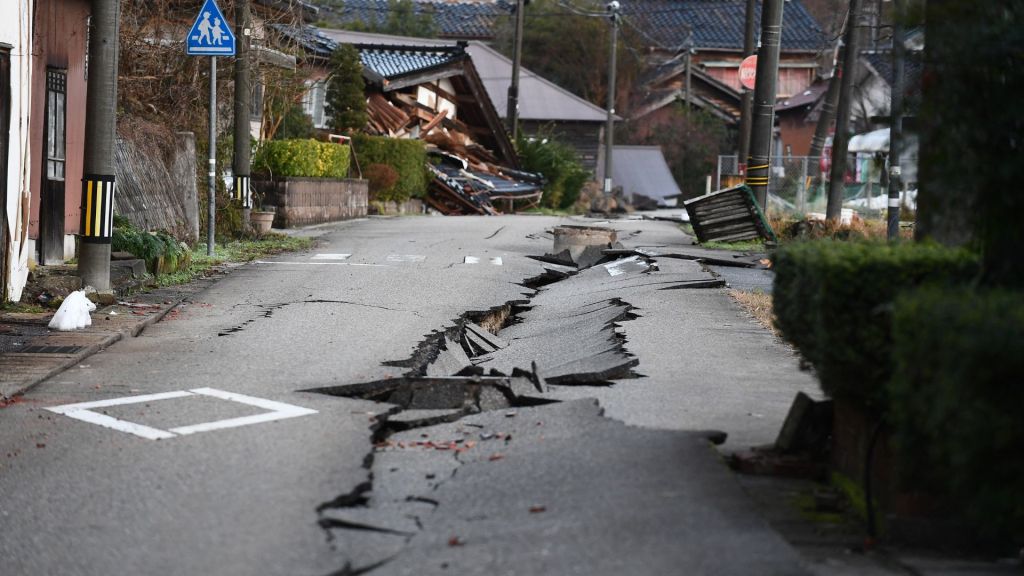CHINA STEPS INTO CLIMATE SPOTLIGHT AS U.S. SKIPS COP30 IN BRAZIL

China’s pavilion and power at COP30
At the COP30 climate summit in Belém, Brazil, China is seizing a central role in global climate diplomacy as the United States sits out the talks for the first time in three decades. Beijing’s presence dominates the conference grounds, from a sprawling national pavilion near the entrance to high-profile events hosted by its biggest clean energy firms. Chinese officials and executives are using the platform to showcase the country’s dominance in batteries, solar panels and electric vehicles, arguing that its industrial scale is now indispensable to cutting global emissions. With the US delegation absent under President Donald Trump’s renewed rejection of multilateral climate deals, many negotiators say China has become the de facto counterweight to fossil fuel producers.
Behind the scenes, Chinese diplomats are deeply involved in shaping texts on finance, technology transfer and timelines for phasing down fossil fuels. Observers say China is working closely with Brazil, the summit host, and a bloc of developing countries to push for more support to vulnerable nations while resisting pressure for steeper near-term cuts to its own emissions. The delicate balance reflects China’s dual identity as the world’s largest emitter and a leading supplier of clean technologies. Some climate advocates praise Beijing for filling a void left by Washington’s retreat. Others warn that without more ambitious domestic targets and fewer new coal plants at home, China’s leadership narrative will ring hollow.

Tensions, expectations and the future of climate leadership
For many delegates from the Global South, China’s strong showing at COP30 is both opportunity and risk. On one hand, Chinese banks and companies are now critical sources of finance and equipment for renewable energy and grid projects in Africa, Asia and Latin America. On the other, environmental groups have raised concerns about the emissions footprint and social impacts of some of those projects, as well as the continued export of coal technology. Negotiators say the question is not whether China is a major player, but what kind of leadership it will offer in the coming decade.
The US absence has also reshuffled diplomatic alignments. European Union states, long used to triangulating between Washington and Beijing, find themselves courting emerging powers such as Brazil, India and South Africa to keep ambition alive. Host country Brazil is trying to use the Amazon setting to spotlight forest protection, Indigenous rights and climate-linked health risks, framing the summit as a turning point for climate justice. Yet activists outside the venue point to slow progress on phasing out fossil fuels and delivering promised climate finance. As the talks move into their final week, delegates say the real test of China’s new prominence will be whether it can help broker a deal that accelerates emissions cuts, boosts funding for poorer nations and keeps alive the Paris Agreement’s 1.5C temperature goal—without the traditional heavyweight role of the United States.






















